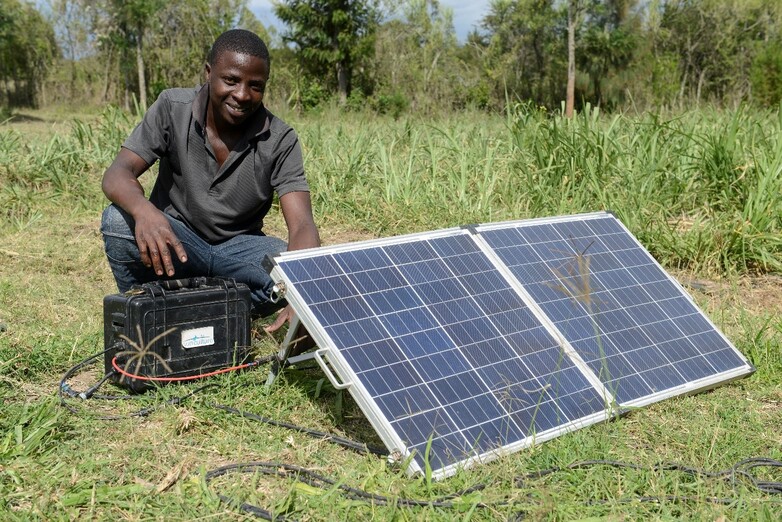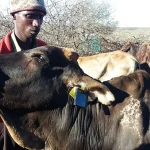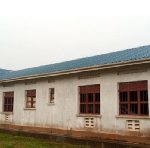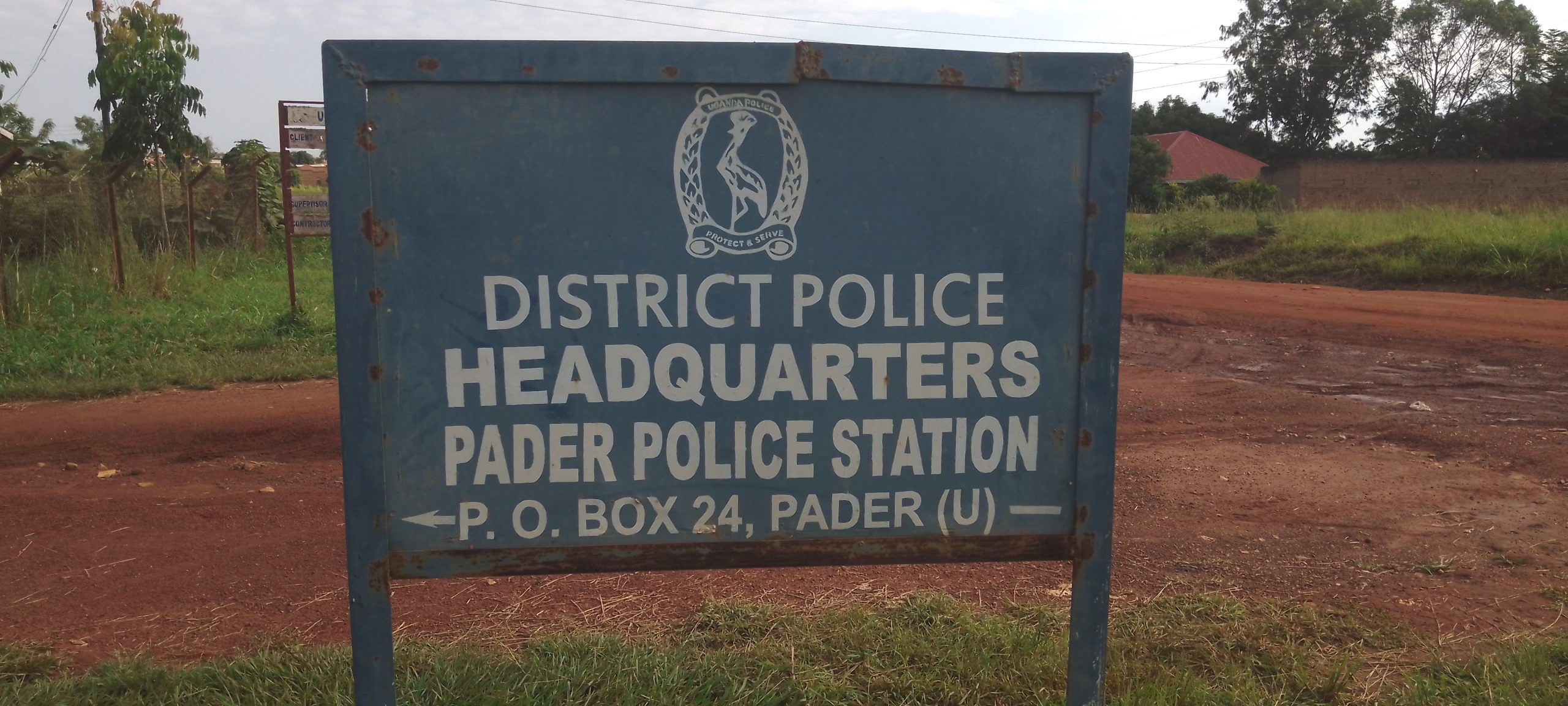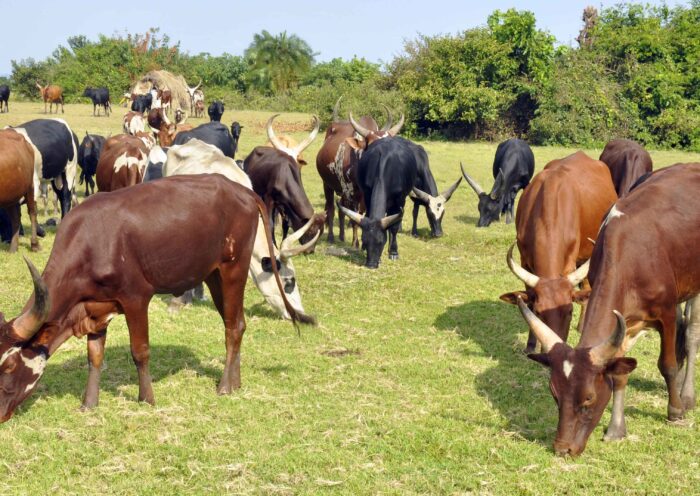Boniface Ogwal, a resident of Corner Atapara Village in Akaka Parish, Aber Sub-county in Oyam District, has been a farmer for over 12 years, cultivating maize, sunflower seeds, rice, and soya. Yet, despite his dedication to agriculture, adding value to his produce has been a persistent challenge, shared by more than 1,200 farmers in his area.
For years, Ogwal and his fellow farmers longed for government or private sector support in the form of agri-processing machinery. This machinery would allow them to hull rice, process maize and soya, and create improved food products that could enhance their incomes.
Their dreams were realized about five years ago when Awelo Millers established a milling machine in Corner Atapara Village. This machine was equipped to handle various tasks, including pressing, rice hulling, maize milling, and pelletizing. The arrival of this equipment initially filled the residents with hope and motivation to increase their cultivation efforts.
However, their excitement was short-lived. The machines at Awelo Millers relied on diesel, which not only incurred high operational costs but also affected the quality of the milled grains, imparting a diesel odor to their food products.
Recognizing the need for a sustainable solution, Awelo Millers secured approximately UGX 64 million in funding from SNV, a Dutch development agency, with support from the European Union. The company also raised an additional UGX 64 million of its own to facilitate the transition to clean and energy-efficient electricity.
With this funding, Awelo Millers acquired hydro and solar-powered machinery, including a solar dryer. The transformation was remarkable and immediate.
The company’s milling services significantly improved, enabling farmers like Ogwal to increase their production and supply to the company. Kenneth Ayeny, the manager at Awelo Millers, pointed out that the shift to hydro and solar energy substantially reduced their operational costs. Previously, running diesel machines for milling cost them about UGX 2.4 million, but the transition cut that cost in half.
Today, Awelo Millers heavily relies on a network of 1,200 smallholder farmers organized under the Awelo Outgrowers farmer scheme, using the One Acre model approach. They purchase sunflower and maize from these farmers at fair prices before adding value to the products.
The company not only processes these products but also produces cooking oil, flour, cereals, laundry soap, and animal feeds. They’ve even implemented solar drying to control moisture content and ensure aflatoxin levels remain within safe limits.
The introduction of clean energy has not only boosted agricultural productivity but also made a significant impact on the lives and incomes of more than 12,000 farmers in the region, marking a pivotal shift towards sustainable and efficient farming practices.

